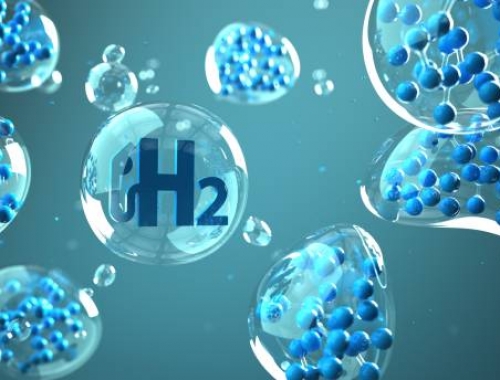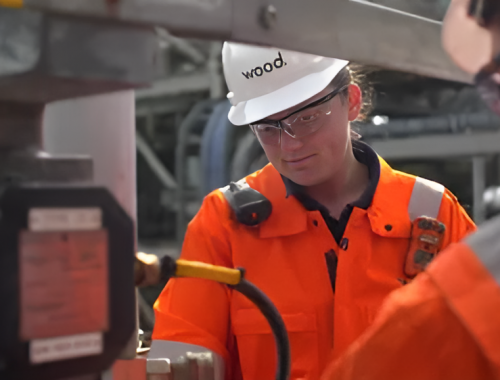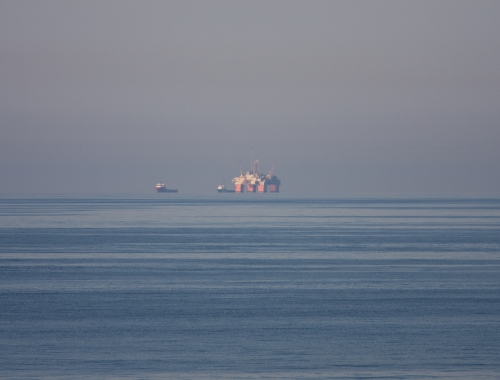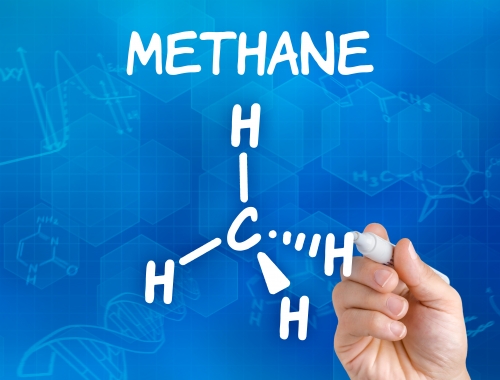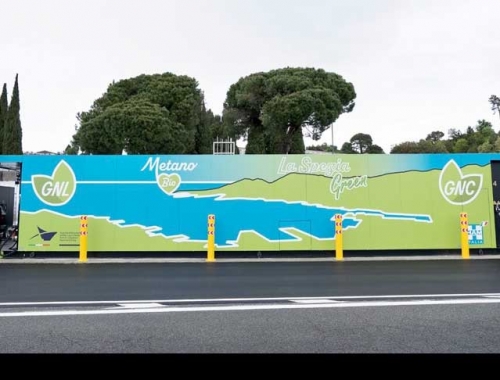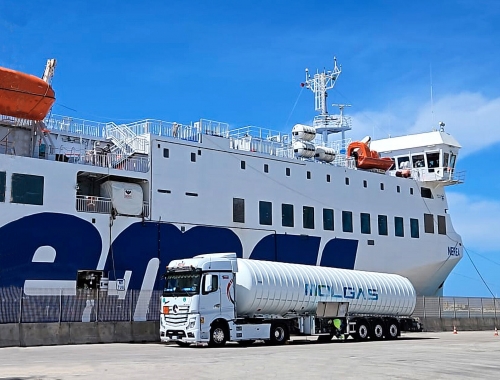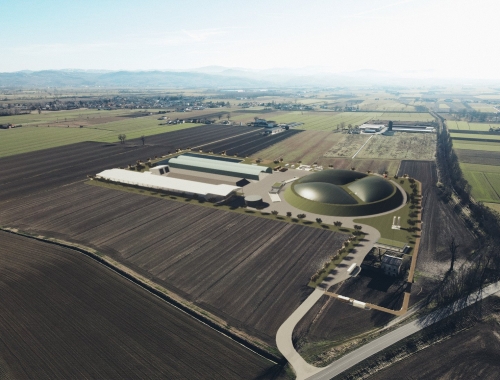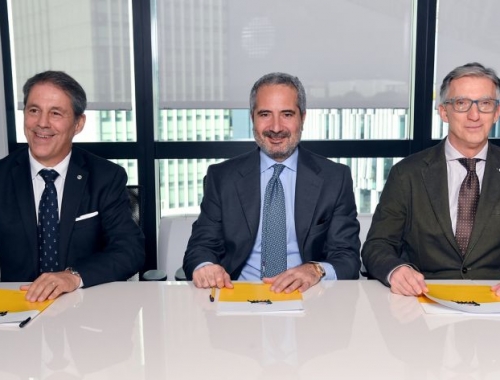Shipowners' associations, Eni join forces to decarbonise the maritime sector
SUMMARY
The parties have presented a document titled "The route to net zero: Decarbonising the maritime sector”. [Image: Eni]
By Shardul SharmaPOSTED IN:
Eni in collaboration with Assarmatori and Confitarma, as well as three major companies in the maritime sector: Wärtsilä, WinGD, and MAN Energy Solutions on July 11 presented a document titled "The route to net zero: Decarbonising the maritime sector”. Other contributors to the document included Unem, Federchimica/Assogasliquidi, Assocostieri, and RINA. The collaboration involved 40 experts who have been working together since March to develop a common strategy.
The document begins with an analysis of the technological evolution of engines and the availability of low-carbon energy sources in terms of infrastructure. The maritime sector is a critical component of the global economy, Eni said. It is estimated that the sector contributes about 3% of global greenhouse gas emissions. In the EU, maritime transport accounts for approximately 75% of extra-EU trade and 36% of intra-EU trade.
To achieve decarbonisation, the sector requires short, medium, and long-term solutions that align with economic trends. These solutions should enable shipowners to meet the targets set by the EU Commission, the International Maritime Organisation (IMO), and any additional region-specific commitments.
Various low-carbon energy sources are available, including HVO, FAME, LPG, LNG, methanol, ammonia, synthetic fuels, and hydrogen. The choice of energy source depends on factors such as the availability of raw materials and existing or planned infrastructure for production, Eni said.
In the short to medium term, biofuels are considered a viable solution. The participants expressed willingness to carry out pilot cases to meet EU targets and ensure competitiveness. The age of vessels in the sector is around 22 years, although this varies based on their specific activities.
Engine manufacturers are prepared to develop customised solutions for different types of fuel. Shipowners are currently experimenting with single-fuel engines, including technologies for CO2 capture with LNG, and dual-fuel engines that can use liquid or gaseous fuels like biofuels, methanol, and eventually ammonia and hydrogen.
Mario Mattioli, president of Confitarma, and Stefano Messina, president of Assarmatori, highlighted that shipowners are at the forefront of decarbonising maritime transport and are committed to achieving this goal. They emphasised the importance of collaboration with onshore industries to develop, produce, store, and distribute alternative fuels in compliance with environmental sustainability regulations at national, EU, and international levels.
Giuseppe Ricci, COO for Energy Evolution at Eni, emphasised the significance of the maritime sector for Italy's competitiveness and the opportunity it provides to experiment with carbon neutrality technologies.
Eni said it sees the project as an inclusive example of collaboration among all stakeholders in the sector.

